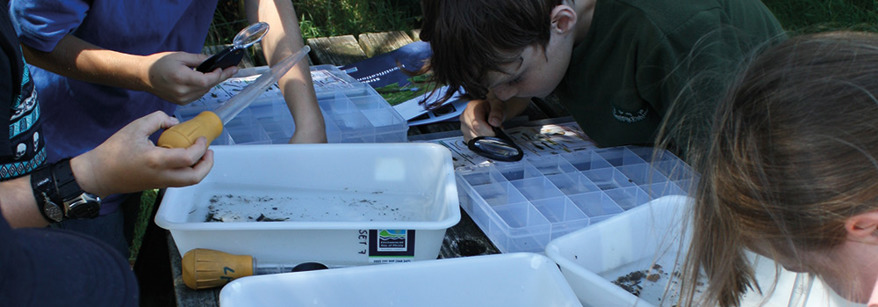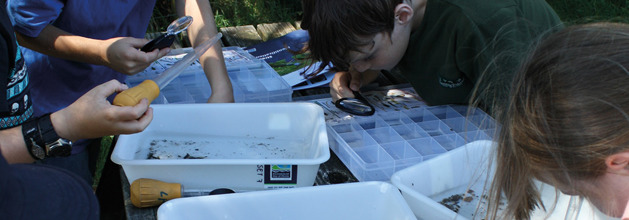Science and Social Science - Levels 2 - 8
'Life's a Beach" is a coastal education resource kit which provides learning activities about the beach environment - the sea, beach, sand dunes, dune vegetation and reserve areas.
The resource covers a wide range of curriculum areas with an emphasis on science and social science. The activities contained in the resource can be used (or adapted for use) for levels two - eight.
This third edition of the 'Life's a Beach' resource kit has been jointly developed by Indigo Pacific and the Council and was released in May 2013.
Life's a Beach is freely available to download for all education providers to use within their teaching programmes as a way to develop the ability of individuals and the community to take action towards sustainability.
Objectives
To investigate:
- The nature and uses of beaches
- The community of plants and animals that exist in the sand dunes
- The impact of humans on the beach
- Dune formation and function using dune profiles
- Dune protection and enhancement methods
- Coastal management and action that can be taken to protect the dunes
The resource also aims to develop:
-
Awareness and sensitivity to the environment and the diversity of the beach and sand dune environment
-
Knowledge and understanding of kaitiakitanga responsibilities of our environment and what is impacting on the dunes
-
Attitudes and values that reflect feelings that recognise beaches and sand dunes as a taonga and of concern for our environment and communities
-
Skills involved in identifying, investigating and problem solving issues related to the beach and dunes
-
A sense of responsibility through participation and action as individuals and as members of a group in addressing some of the issues associated with beach and dune protection and enhancement
Contents
The kit is structured around six themes. Click on a topic to view all activities and download resources. You will also see the assessment level, curriculum level and geographic concepts and skills incorporated into each activity.
Resource videos
Vew the full playlist below or on our YouTube page.
How this resource fits into the school curriculum
The main curriculum areas targeted by Life's a Beach are science and social science. The activities contained in this kit can be used (or adapted for use) for levels 2 to 8 of the New Zealand school curriculum. Most activities are suitable for levels 3 to 6 but can easily be adapted to suit higher or lower level learners.
This resource can also be used to support the teaching of achievement objectives in the following learning areas:
- English
- Arts
- Physical education and health
- Mathematics and statistics
Copying and adapting information to meet your own needs
Teaching and learning activities are saved as PDF files. Should you wish to use the text and adapt this for your own teaching, you can extract the text and paste into a Word document. To do this, simply select the text you wish to copy and paste into a Word document. Please remember however, that the information contained in this resource is subject to copyright and can be used for education purposes only.
Learning strategies used in this resource
A variety of learning strategies are promoted through this resource. All are student-centred learning approaches - where the teacher acts as the facilitator of learning. Students are encouraged to actively participate in their own learning. The following teaching and learning methods are those that meet the requirements of the New Zealand National Curriculum and have been effective in environmental education.
Inquiry learning - A teaching practice that involves exploration, question asking, discovering, testing and understanding of new learning developing new skills such as observation, reasoning, critical thinking and the ability to justify or negate existing knowledge.
Action learning - A teaching practice that employs inquiry-learning strategies with an emphasis on students taking action and reflecting on the resulting changes.
Co-operative learning - A teaching approach that encourages students to work together in groups developing interpersonal skills and shared responsibility for learning.
Experiential learning - Where students are actively involved in activities designed to offer an experience from which new learning can emerge. Reflection and reflective learning - Reflection is an important part of the learning process in all of the models described above.


